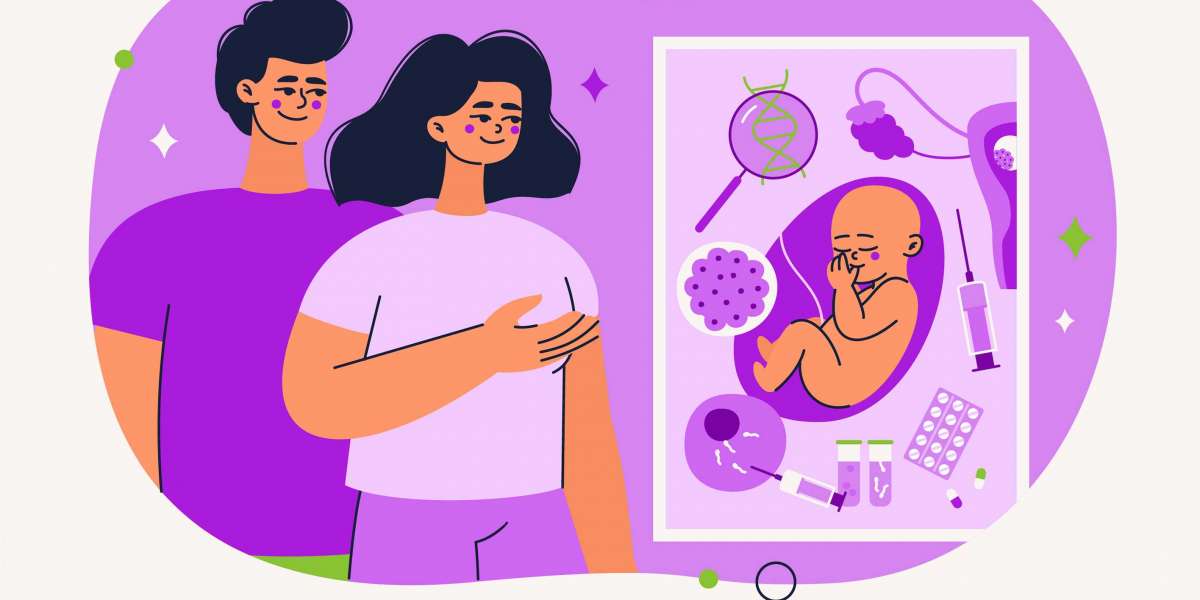Diabetes is a condition that touches millions of lives around the world. Whether it’s the daily monitoring of blood sugar levels, the ongoing management of diet and medications, or the emotional weight that often comes with the diagnosis, living with diabetes is undeniably challenging.
But today, an important and inspiring question is gaining more attention than ever:
"Is reversing Type 2 diabetes truly possible, or is it just a myth?"
For decades, Type 2 diabetes was viewed strictly as a progressive, lifelong disease, something that could be managed, but never reversed. Treatment plans typically centered around medications, careful meal planning, exercise, and regular monitoring to slow its progression.
However, growing evidence and countless personal experiences suggest that, under the right circumstances, it may be possible for individuals to bring their blood sugar levels back into a healthy range without the ongoing need for diabetes medications.
In this blog, we’ll explore what "reversing" Type 2 diabetes really means, how it might be achieved, and why clinical trials like those being conducted by Prime Revival Research Institute are helping to unlock even more potential pathways to better diabetes care in the future.
Let’s dive deeper into the facts, possibilities, and realities surrounding diabetes reversal and what it could mean for those living with this condition.
What Does "Reversing" Type 2 Diabetes Mean?
When we talk about reversing Type 2 diabetes, it’s important to understand that it does not mean the disease is permanently cured. Rather, it refers to:
- Achieving normal blood sugar levels without the need for ongoing diabetes medications.
- Sustaining those healthy levels through lasting lifestyle changes and careful health management.
This state is commonly referred to as remission. Many individuals who commit to significant lifestyle adjustments experience dramatic improvements, sometimes to the point where they no longer need medication to maintain healthy blood sugar control.
But remission requires ongoing effort. Even after blood sugar levels normalize, the underlying tendency toward elevated glucose can return if healthy habits are not maintained.
Is It Possible to Reverse Type 2 Diabetes?
Yes, for many individuals, remission is achievable.
However, success depends on several factors, including:
- Early diagnosis: Those who act quickly after diagnosis tend to have better outcomes.
- Lifestyle commitment: Ongoing dedication to nutrition, exercise, and stress management is key.
- Individual health status: Age, body composition, and existing complications can influence the likelihood of reversal.
Early and aggressive intervention offers the highest chance for long-term success. Waiting too long may allow irreversible changes to develop, making remission more difficult to achieve.
How Can Reversal Be Achieved?
Several proven strategies can significantly support remission efforts. These include:
Meaningful Weight Loss
- Losing just 10–15% of body weight can dramatically lower insulin resistance.
- Reducing fat around critical organs such as the liver and pancreas is crucial for restoring proper blood sugar control.
Healthy, Balanced Eating
- Prioritize high-fiber vegetables, lean proteins, healthy fats, and whole grains.
- Avoid processed foods and refined sugars, which can spike blood sugar levels.
Regular Physical Activity
- Aim for at least 150 minutes of moderate-intensity exercise per week.
- Activities like walking, cycling, swimming, or strength training help improve insulin sensitivity and promote overall metabolic health.
Stress Management
- Chronic stress can elevate blood sugar levels and interfere with healthy habits.
- Techniques such as deep breathing, mindfulness, and regular relaxation routines can be highly beneficial.
Prioritizing Quality Sleep
- Aim for 7–9 hours of restful sleep each night.
- Poor sleep can disrupt hormonal balance and negatively impact blood sugar regulation.
Professional Medical Support
- Working closely with healthcare providers ensures safe, effective progress toward remission.
- Adjustments to medications and monitoring are critical parts of the journey.
At Prime Revival Research Institute, clinical trials are actively underway to evaluate new, innovative approaches that could offer even better outcomes for people seeking to manage and possibly reverse their Type 2 diabetes. These studies are helping uncover promising strategies that blend science, lifestyle, and medical innovation.
Who Has the Best Chance of Reversing Type 2 Diabetes?
While anyone with Type 2 diabetes can strive for better control, remission tends to be most achievable for individuals who:
- Have been recently diagnosed
- Are committed to making significant lifestyle changes
- Do not yet have major complications affecting the heart, kidneys, or eyes
Taking action early, often within the first few years of diagnosis, can dramatically increase the odds of success. As the condition progresses over time, it becomes harder (though still not impossible) to achieve remission.
Important Realities to Keep in Mind
Although remission is possible, it’s important to stay grounded in realistic expectations:
- Long-term diabetes can cause lasting damage to insulin-producing cells.
- Genetics, age, and other underlying conditions may influence outcomes.
- Even after remission, ongoing lifestyle vigilance is critical.
It's also worth noting that even if a complete reversal isn’t achieved, major health improvements are often possible.
Benefits can include:
- Reduced medication needs
- Lower risk of serious complications
- Better energy and overall well-being
Every step toward better blood sugar control is a victory, whether or not full remission is reached.
You may also read: The Link Between Dehydration High Blood Pressure
Final Thoughts: Hope and Action for the Future
The idea of reversing Type 2 diabetes is no longer just a hopeful myth for many; it is a real and attainable goal.
Reaching remission requires time, commitment, and a willingness to make meaningful changes. It’s a journey filled with ups and downs, but the rewards of improved health, greater independence, and a better quality of life are well worth the effort.
Through ongoing clinical research, organizations like Prime Revival Research Institute are working to uncover even more pathways toward remission and better diabetes management. Their dedication is helping to shape a future where individuals have more options, more support, and more reasons to believe in better outcomes.
If you’re living with Type 2 diabetes or supporting someone who is, know this:
Reversal is not a distant dream. It is a real path, one paved by determination, guided by science, and available to those ready to take the first step.







